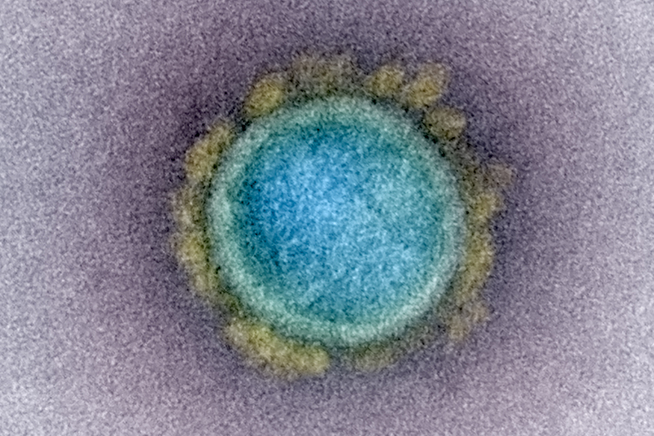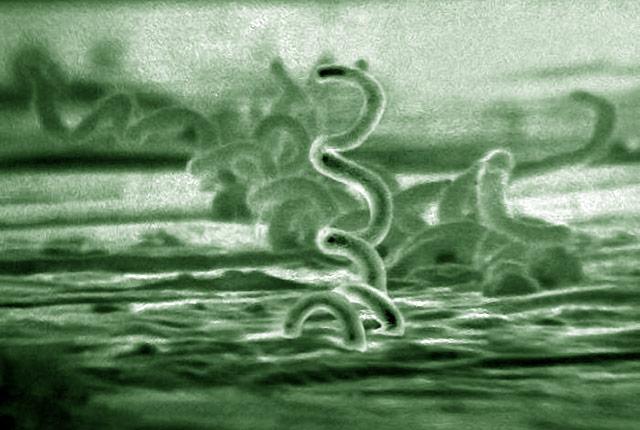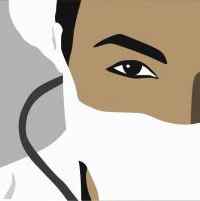FDA May Greenlight Updated Covid-19 Vaccines as Soon as This Week, Sources
Say The US Food and Drug Administration is poised to sign off as soon as this week on updated Covid-19 vaccines targeting more recently circulating strains of the virus, according to two sources familiar with the matter, as the country experiences its largest summer wave in two years. CNN.

KP.3.1.1 COVID-19 Variant: See Symptoms, Cases, Latest CDC Data
The KP.3.1.1 COVID-19 variant is the dominant strain of the virus, the latest projections from the Centers for Disease Control and Prevention (CDC) show. The agency’s Nowcast data tracker, which displays COVID-19 estimates and projections for two-week periods, projects the KP.3.1.1 variant is accounting for 36.8% of positive infections, followed by KP.3 at 16.8% in the two-week stretch starting Aug. 4. USAToday.
FDA Authorizes 1st Over-The-Counter, At-Home Test for Syphilis
The first at-home, over-the-counter antibody test for syphilis received marketing authorization from the U.S. Food and Drug Administration (FDA) on Friday. This means biotechnology company NOWDiagnostics, Inc., which manufactures the test, now has a license to sell it. … The new test, called First To Know, uses a drop of blood to offer an early indication that a person may have syphilis, with results available in about 15 minutes. The results must be confirmed by a doctor. ABC.

Blood Banks Searching for Type O Blood Amid Emergency Shortage: ‘Always A Need’
The nation is facing an emergency blood shortage, according to the American Red Cross. Extreme heat and recent natural disasters are affecting the blood supply, the nonprofit says. Not only is there a shortage of donations across the country, but there is also a specific need for Type O blood, according to Vitalant, an Arizona-based nonprofit that operates blood banks nationwide. Fox.
Antibiotics May Help People Avoid Surgery for Appendicitis
Though appendectomies have been the gold standard of care since before the turn of the 20th century, doctors have been treating appendicitis with antibiotics since the 1950s, as soon as they became available — a “dark secret” in the surgery world, says David R. Flum, professor of surgery and director of the Surgical Outcomes Research Center at the University of Washington …“There are two treatments now for appendicitis, for sure,” says Flum, the principal investigator in the second larger study. “And they both work.” WashPost.
Gaza faces public health crisis with first confirmed case of polio
The United Nations is now pushing for an urgent cease-fire — or at least a pause in hostilities — so it can coordinate two mass vaccination campaigns for more than 640,000 children.
… Before the conflict, 99 percent of Gaza’s 2.2 million people were vaccinated for polio, a rate that has since dropped to 86 percent, according to the WHO… WashPost.
US to survey dairy cattle brought to slaughter to study bird flu infections
Regulators will inspect cows to see how widespread virus is and determine whether ageing and cooking inactivate it
… The new cattle survey, set to begin in mid-September, will be nationally representative to give a clearer picture of how widespread the virus is in meat from dairy cows, and it could also offer insight into potential risks… Guardian.
Opinion: We Must Build A More Diverse Medical Workforce To Address Our Physician Shortage

Access to medical education is important, because to help communities throughout our nation, we must address shortages and lapses in representative health care. Despite comprising 19 percent of the population, Hispanics only make up 6.9 percent of physicians. While Black and African American individuals make up 13.6 percent of the U.S. population, they only account for 5.7 percent of the nation’s physicians. These discrepancies exacerbate the nation’s current physician shortage. Newsweek.


